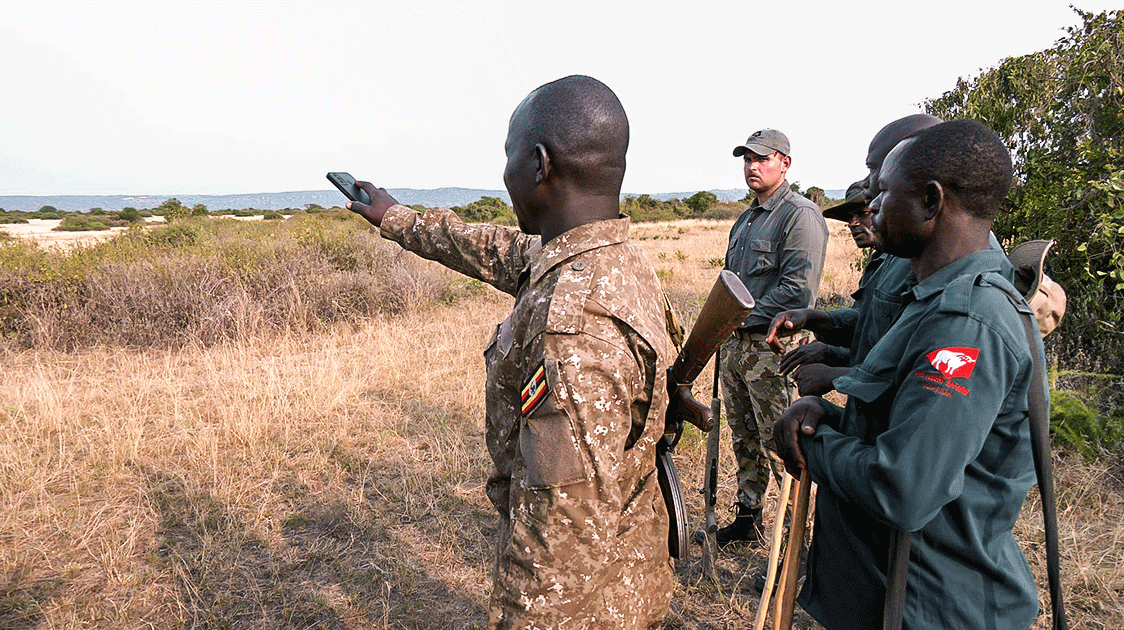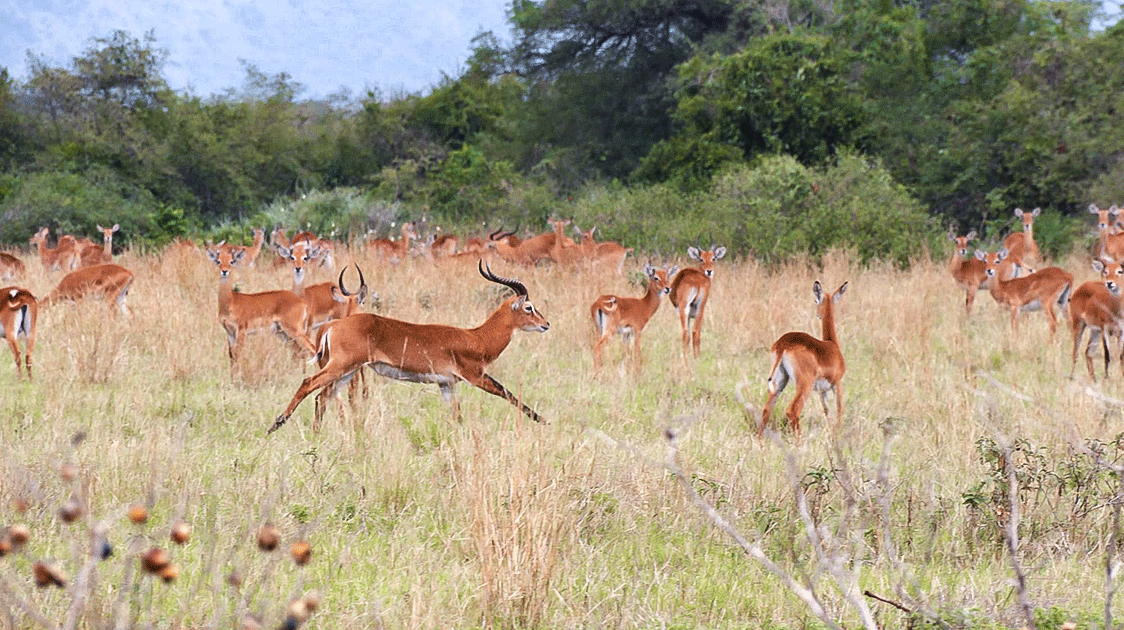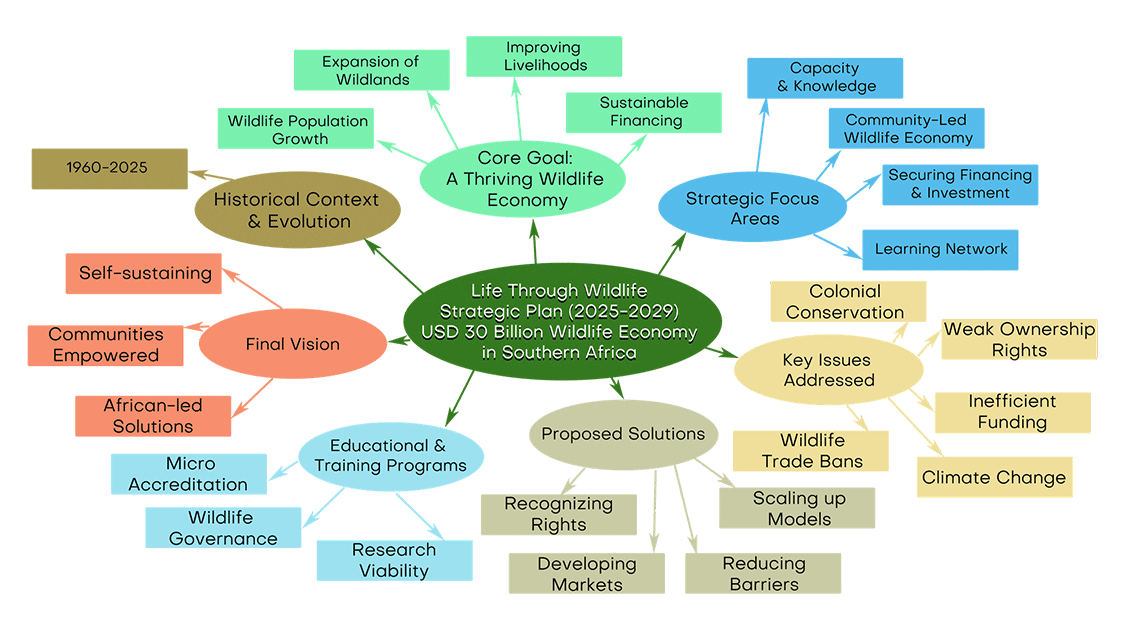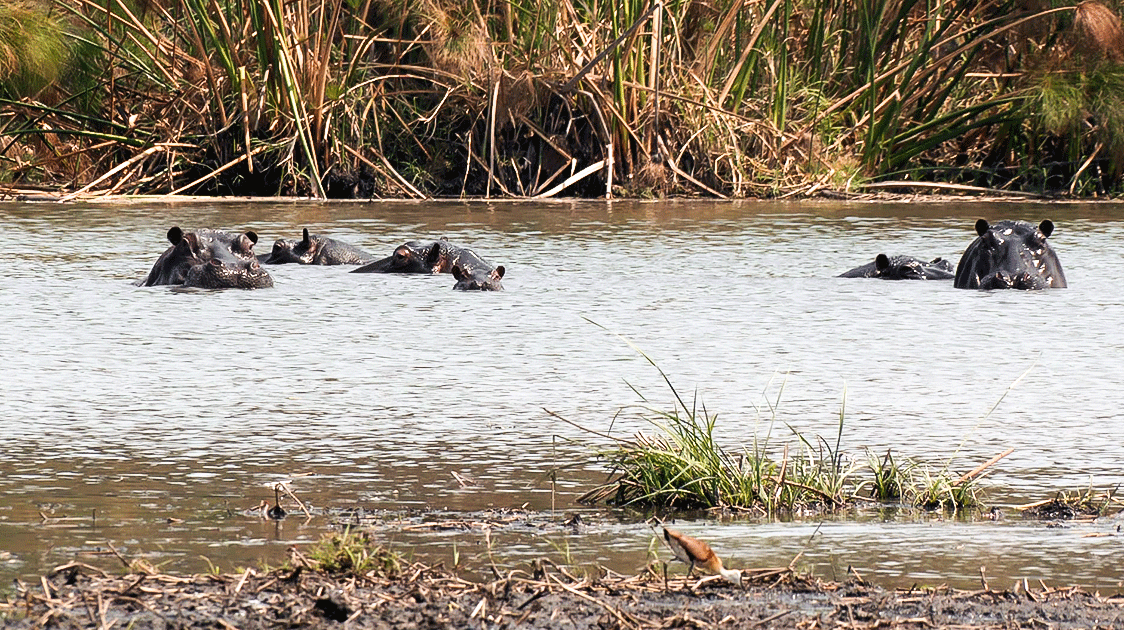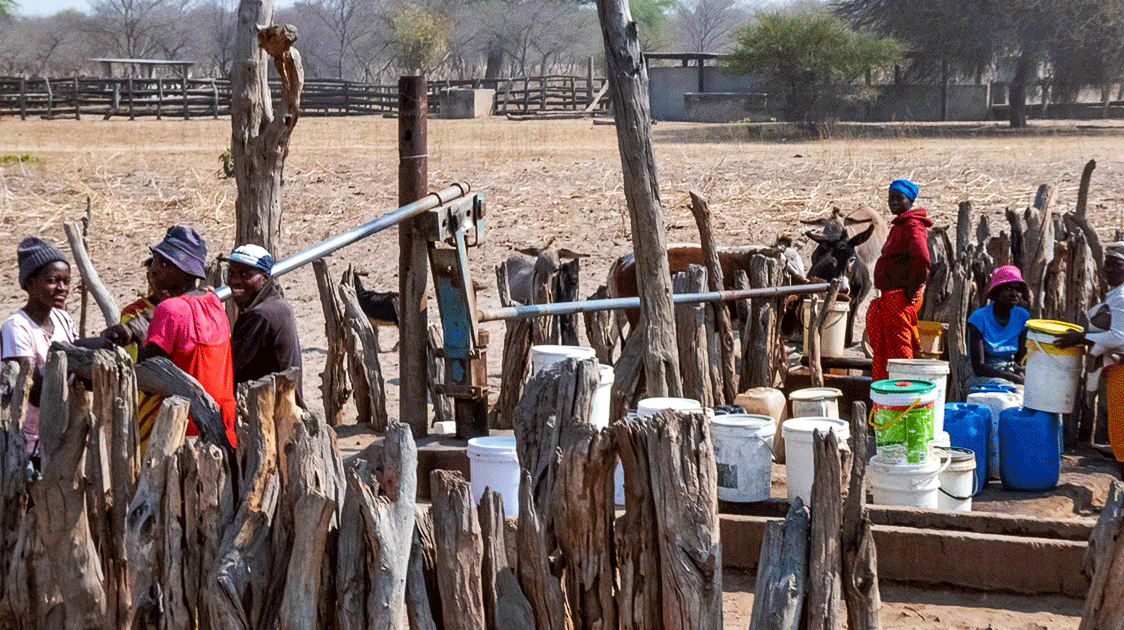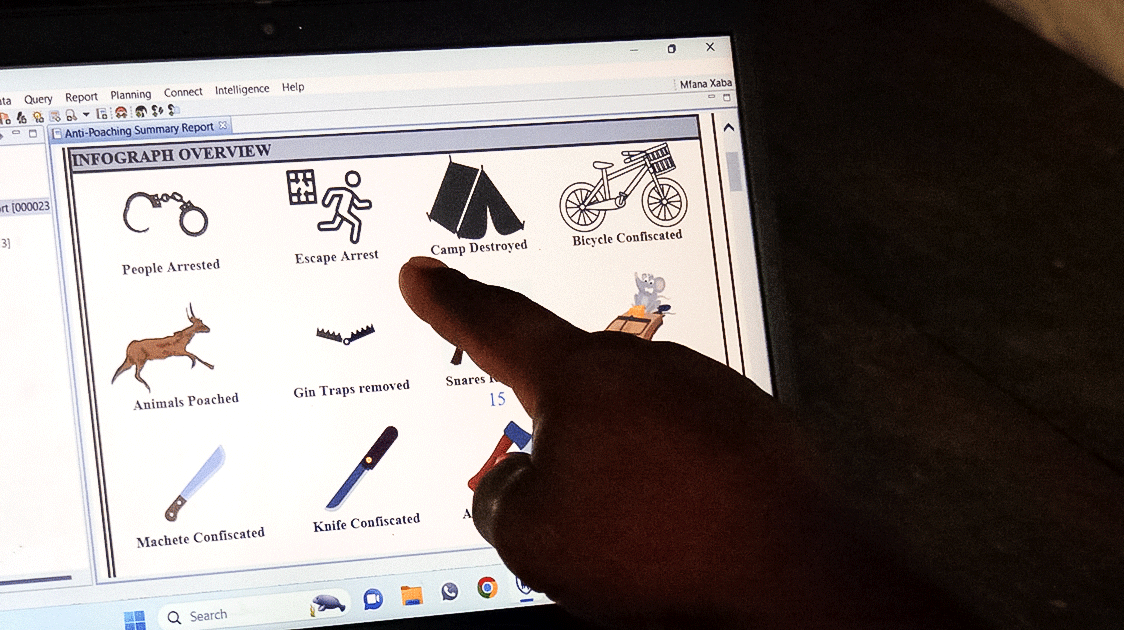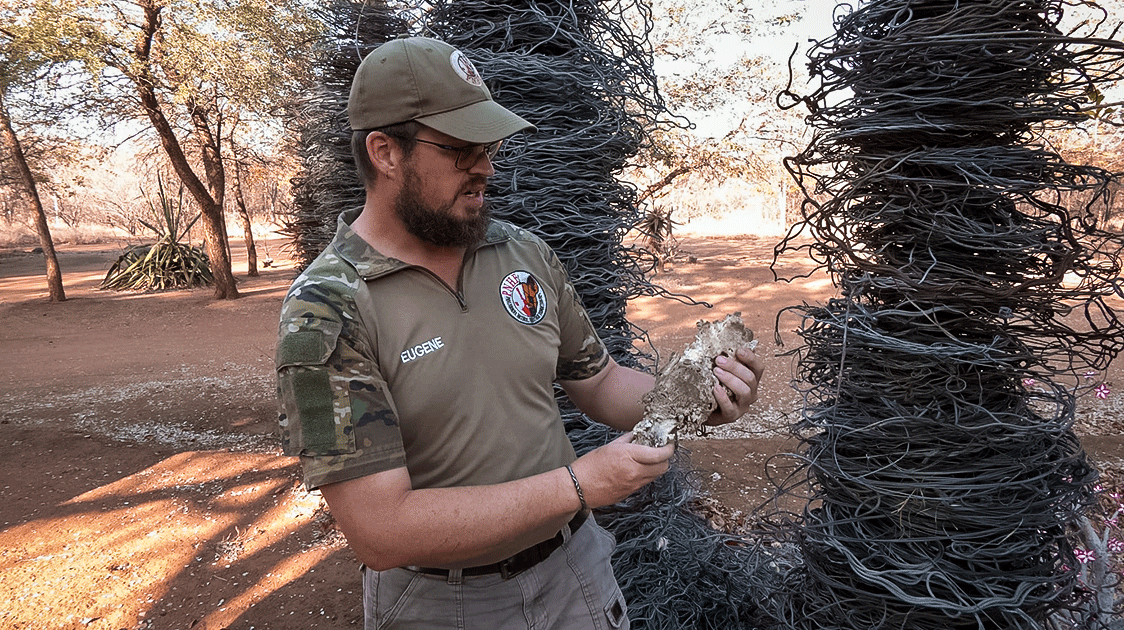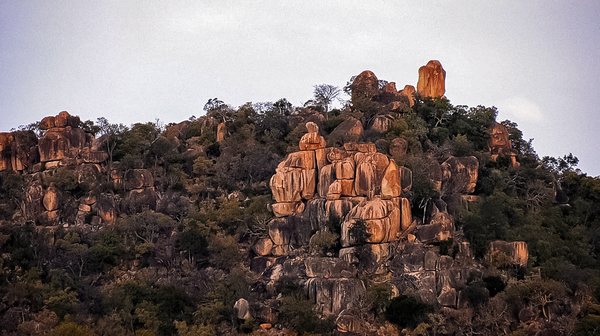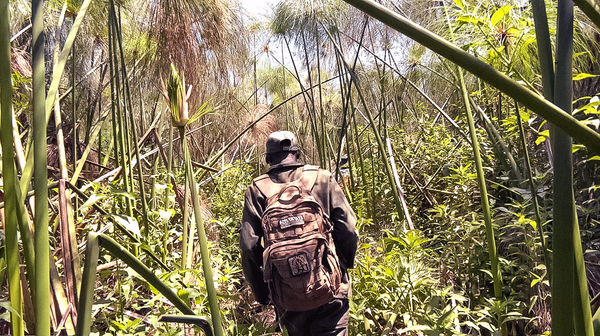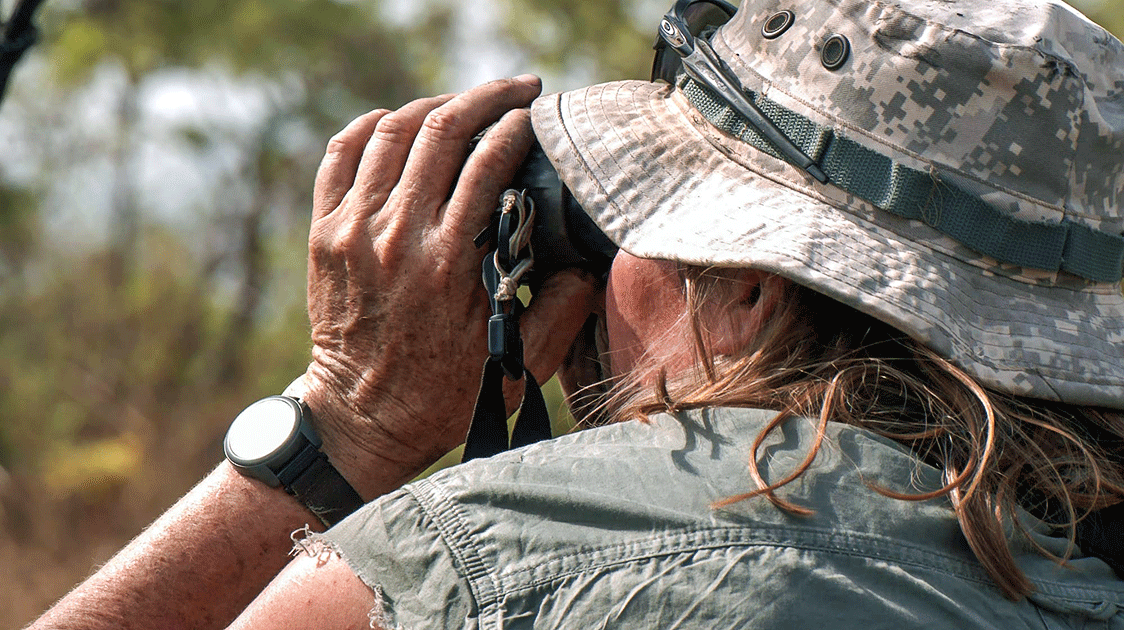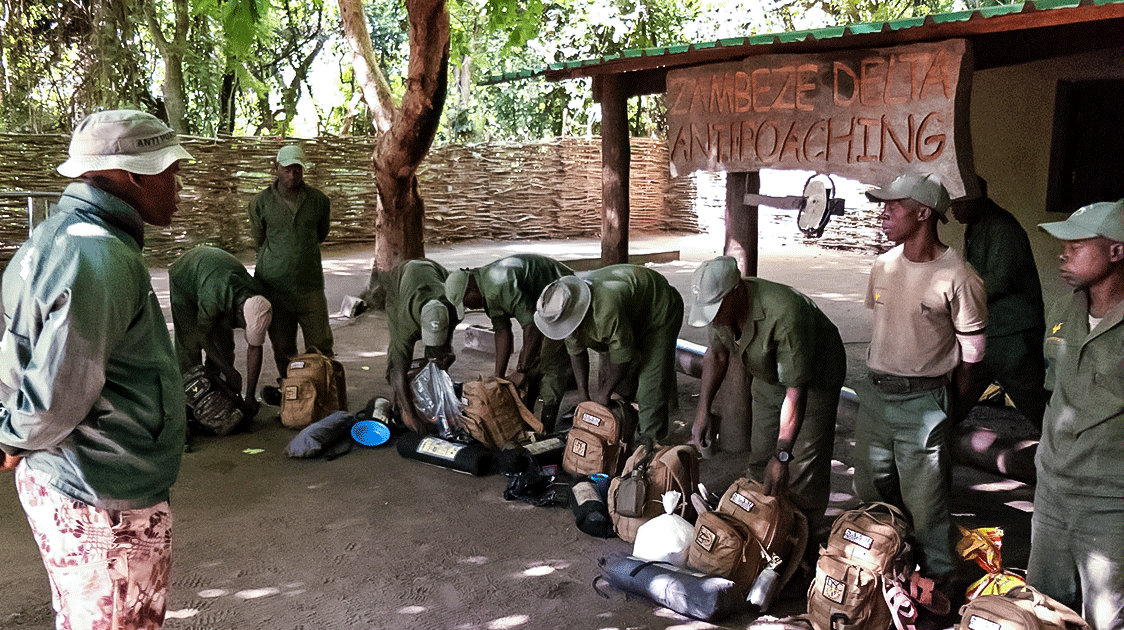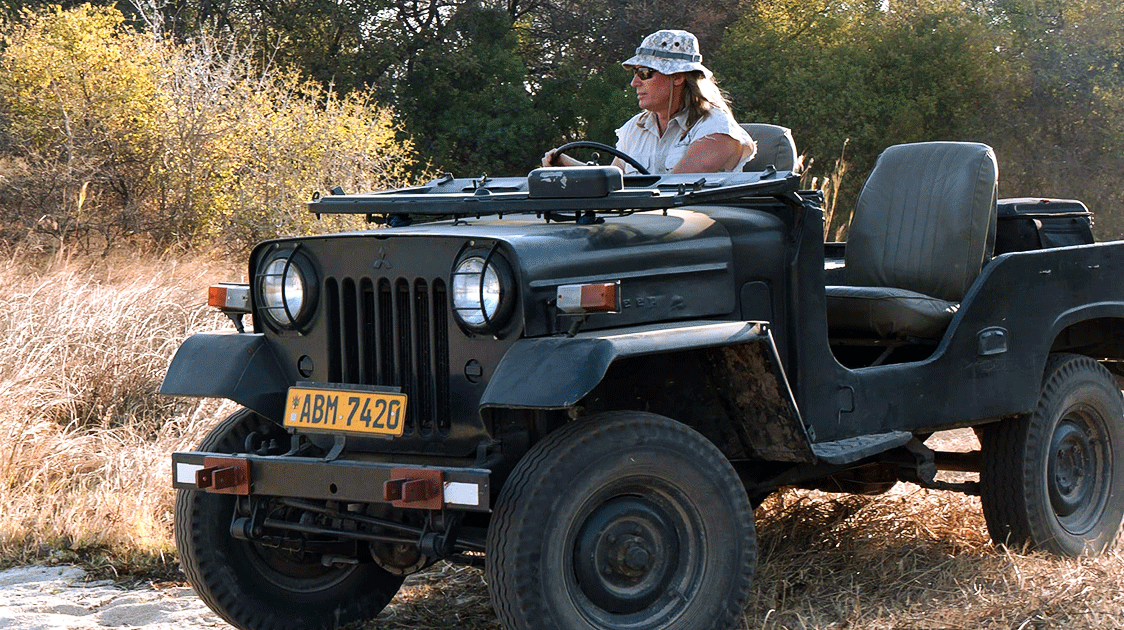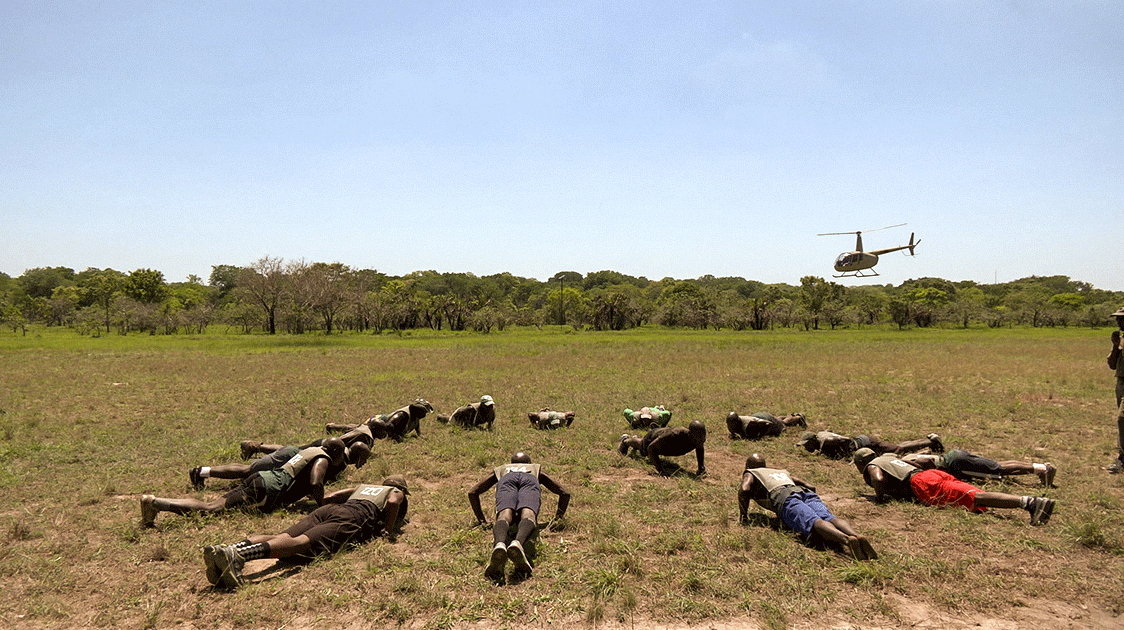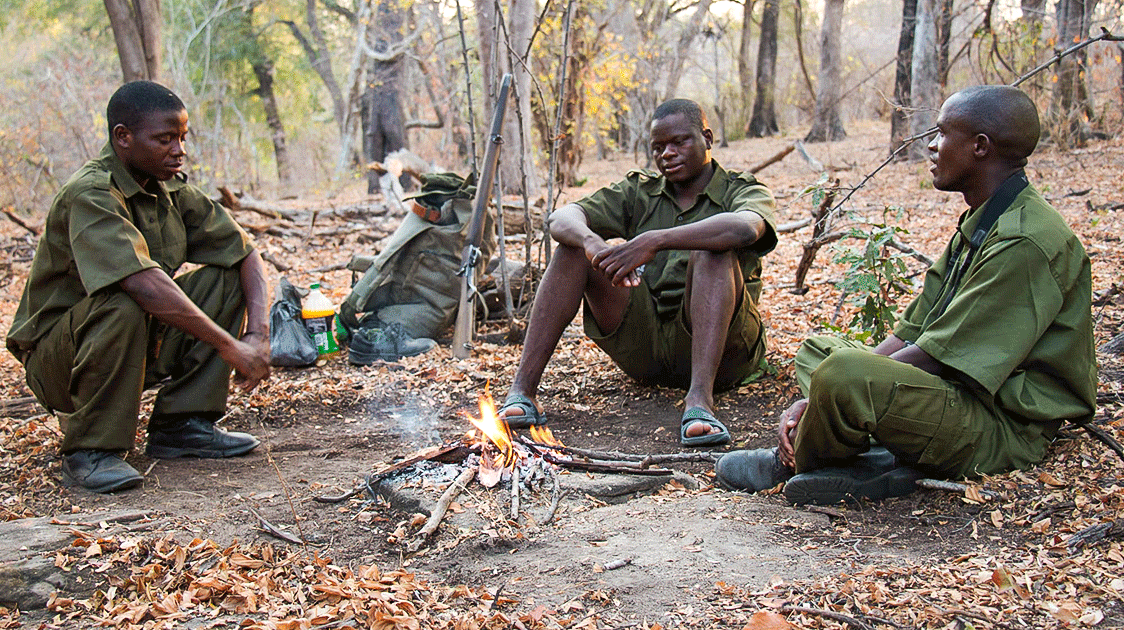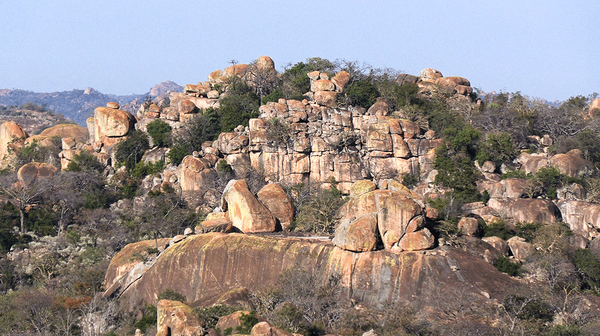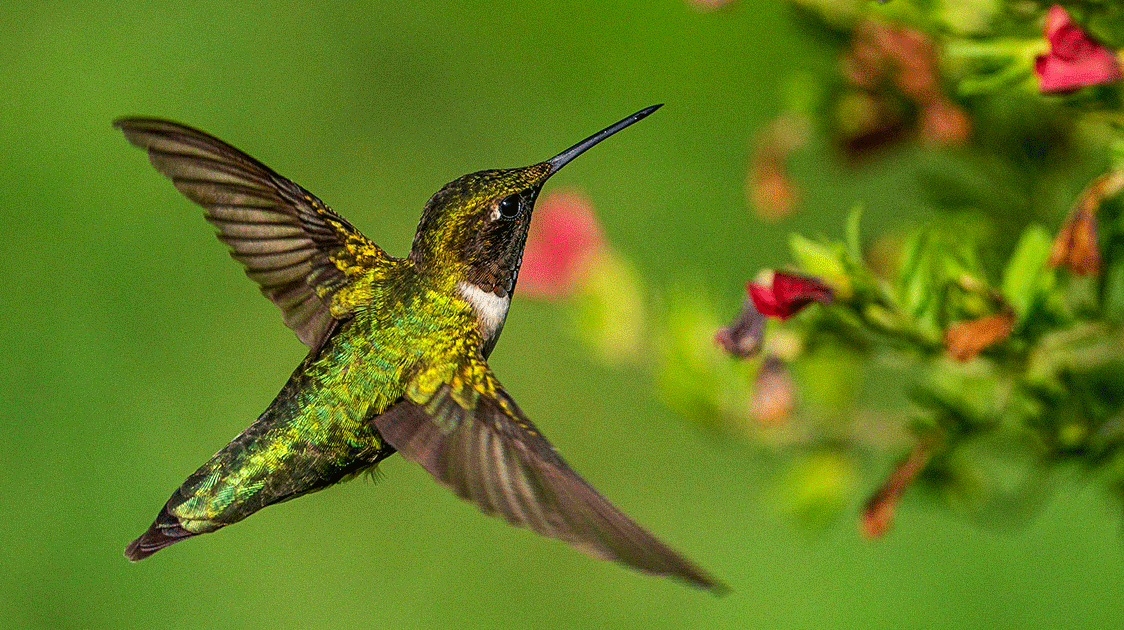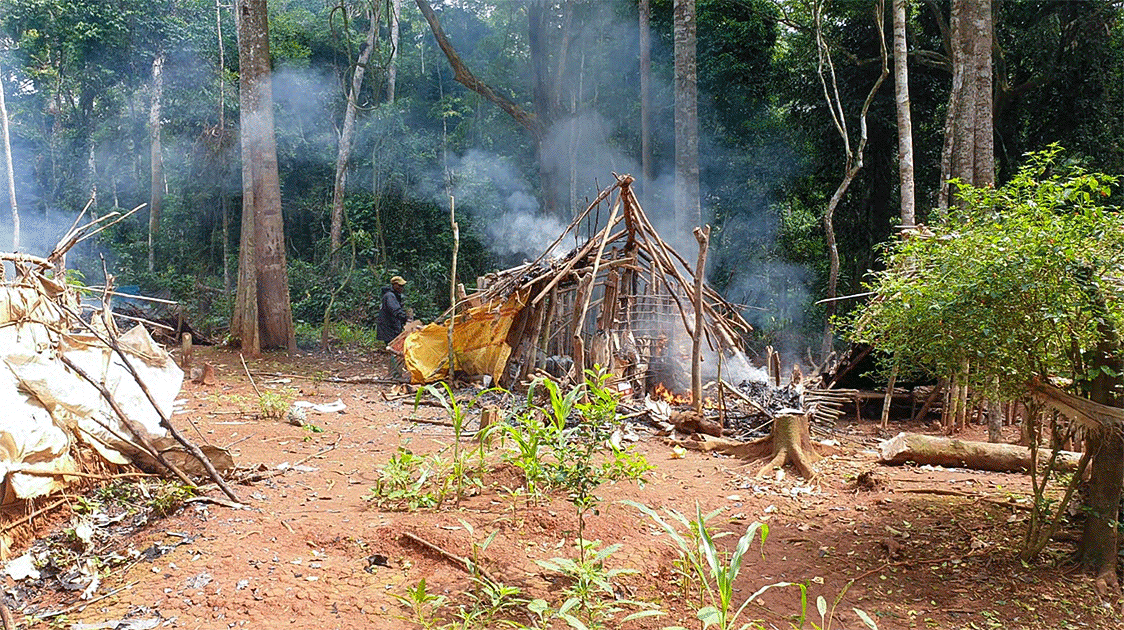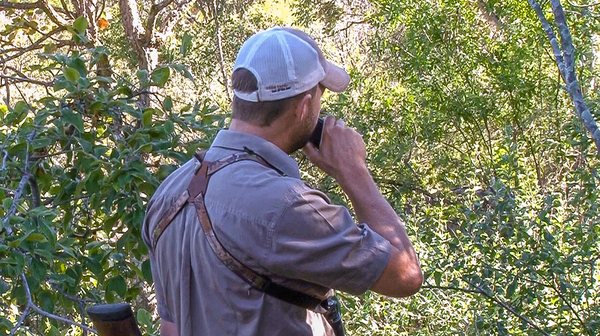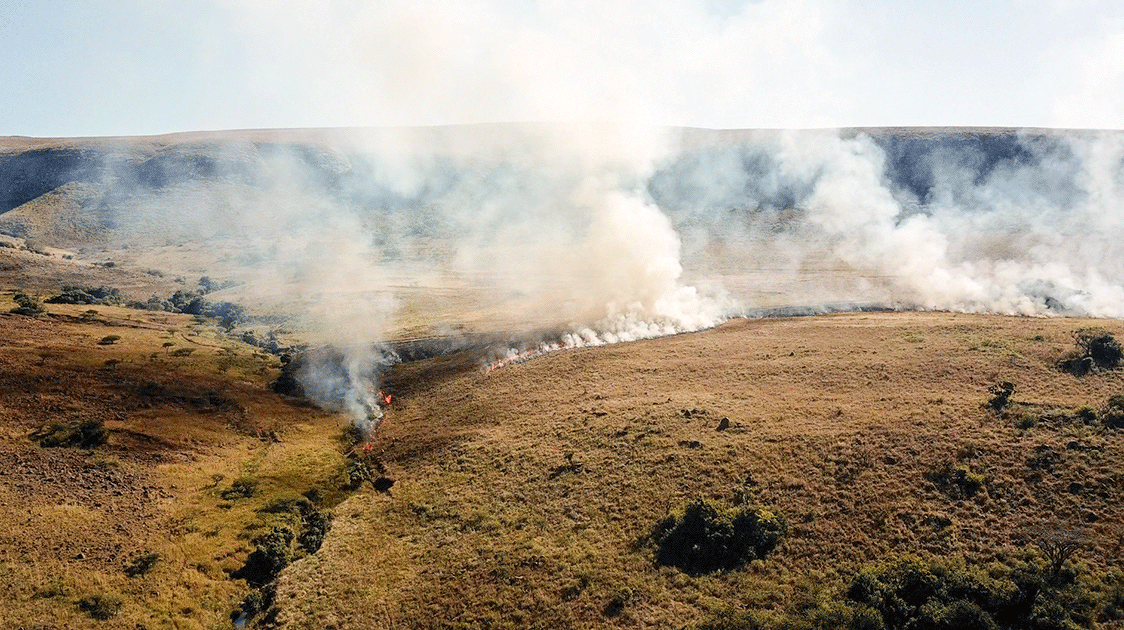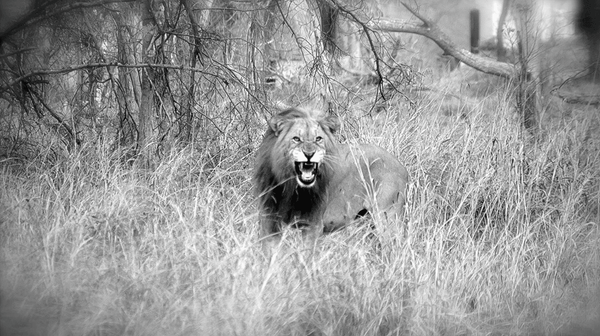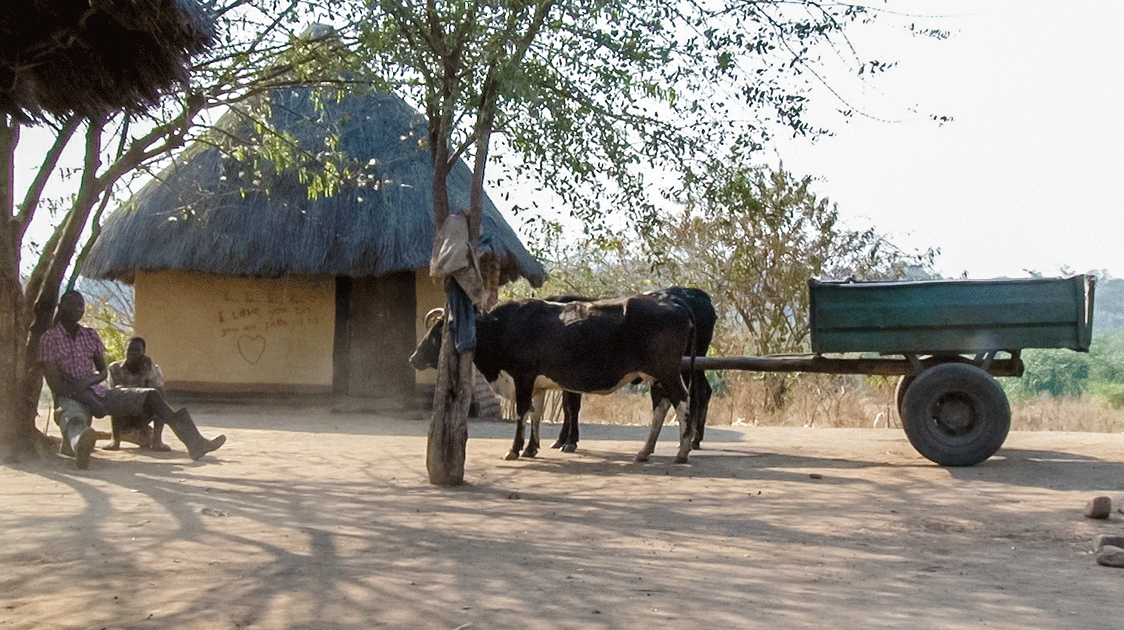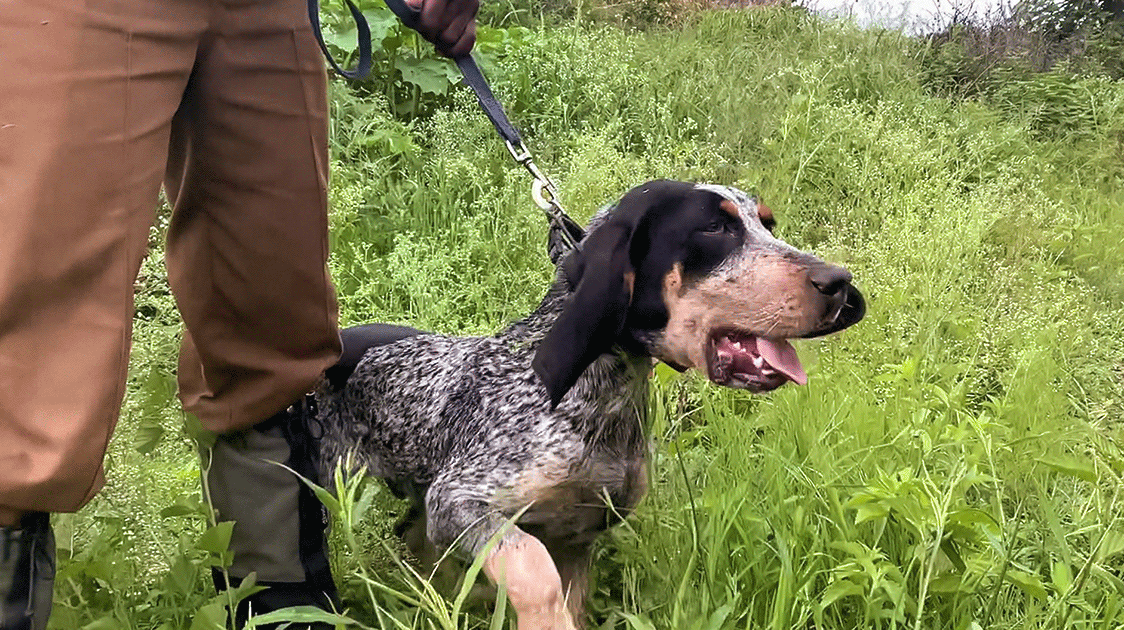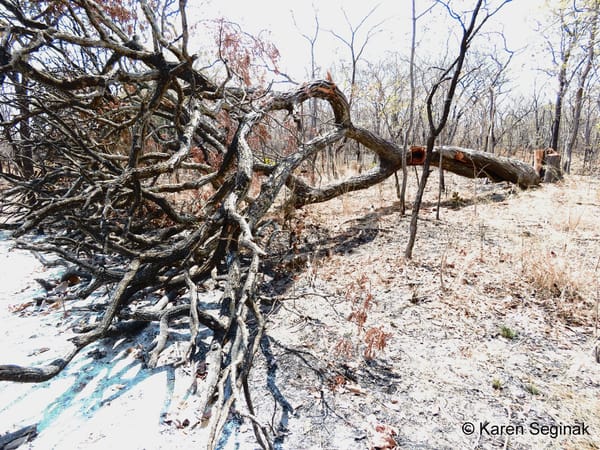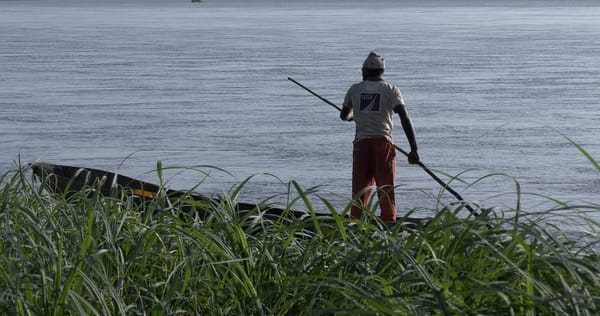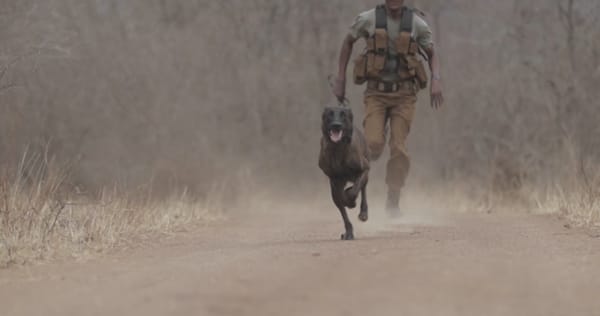Tactics & Technology
At Patrol, we believe that stopping poaching isn't just about using high-tech tools or buying pricey gear. Innovative techniques, local knowledge, and active community involvement all work together with useful technologies to stop poaching. By thoroughly understanding and applying these different strategies, anti-poaching teams can make a significant difference.
River Patrols: Silent and Strategic Monitoring
Teams can approach suspicious activity more closely without being detected, thanks to silent river patrol boats, which increases the likelihood of stopping it. Patrol frequently sends out river patrols to stop poachers, seize illegal wildlife goods, and protect important ecosystems from exploitation for profit.
Aerial Support: Boosting Surveillance from Above
Aerial support is a crucial component of strong anti-poaching operations. Rangers can quickly survey large regions that would take days to explore on foot by using lightweight drones or small, fixed-wing aircraft with high-resolution cameras. These drones provide live video feeds to patrol troops on the ground, allowing them to monitor suspicious behavior and poachers as it occurs.
Drones do more than monitor areas; they also provide rangers with important information that helps them plan the most effective patrol routes, identify weak spots, and respond quickly to new threats. Aerial support makes anti-poaching units significantly more effective and enables them to cover a greater area. It also provides them with information that is more accurate and up-to-date than anything else.
Informant Network System: Giving local intelligence more power
One of the best tools for stopping poaching isn't a machine; it's people. Local informant networks enable communities and ranger teams to communicate with each other in private and secure ways. Informants utilize their comprehensive, real-world expertise to warn patrols about potential risks and criminal activities that are already underway.
These reliable local sources typically know how to spot signs of poaching, such as newly cleared roads, unusual vehicles, or gatherings that appear suspicious.
Community Involvement
People who live near natural areas generally have the most to gain from conservation efforts. Patrol encourages people in the community to get involved in meaningful ways, knowing that long-term solutions need support from the ground up.
Community-led projects can range from awareness-raising campaigns to local ranger programs that provide employment opportunities and foster pride in conservation efforts.
At Patrol we believe that the most effective way to combat poaching is to combine innovative ideas, advanced technology, local informant networks, and active community engagement. These targeted, well-thought-out techniques work together to safeguard species and their habitats in a way that is both long-lasting and successful.

